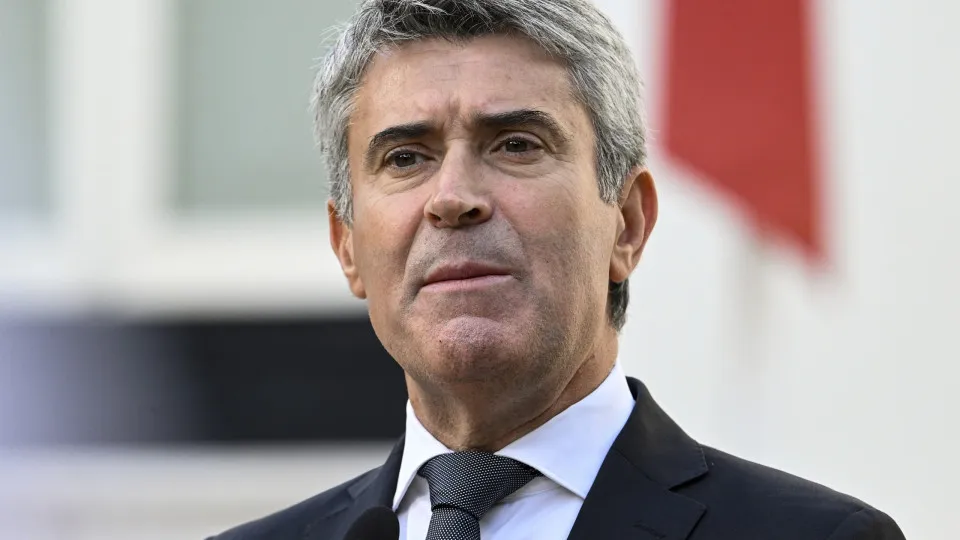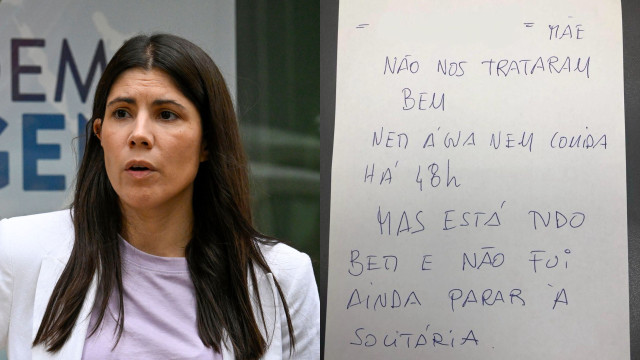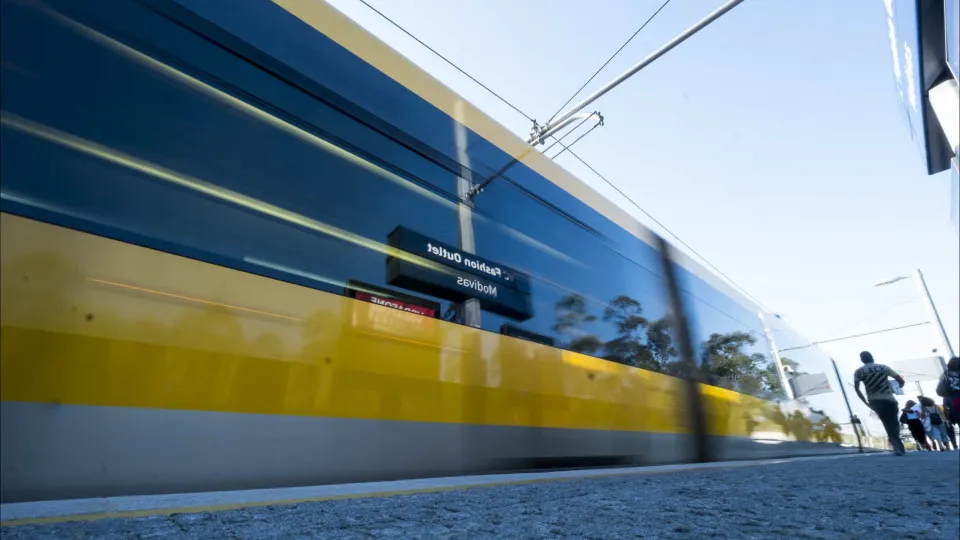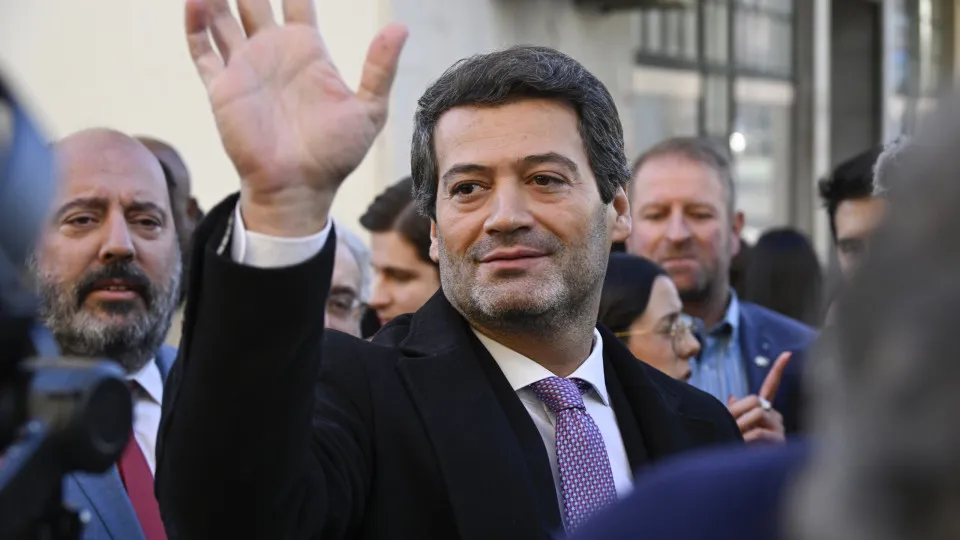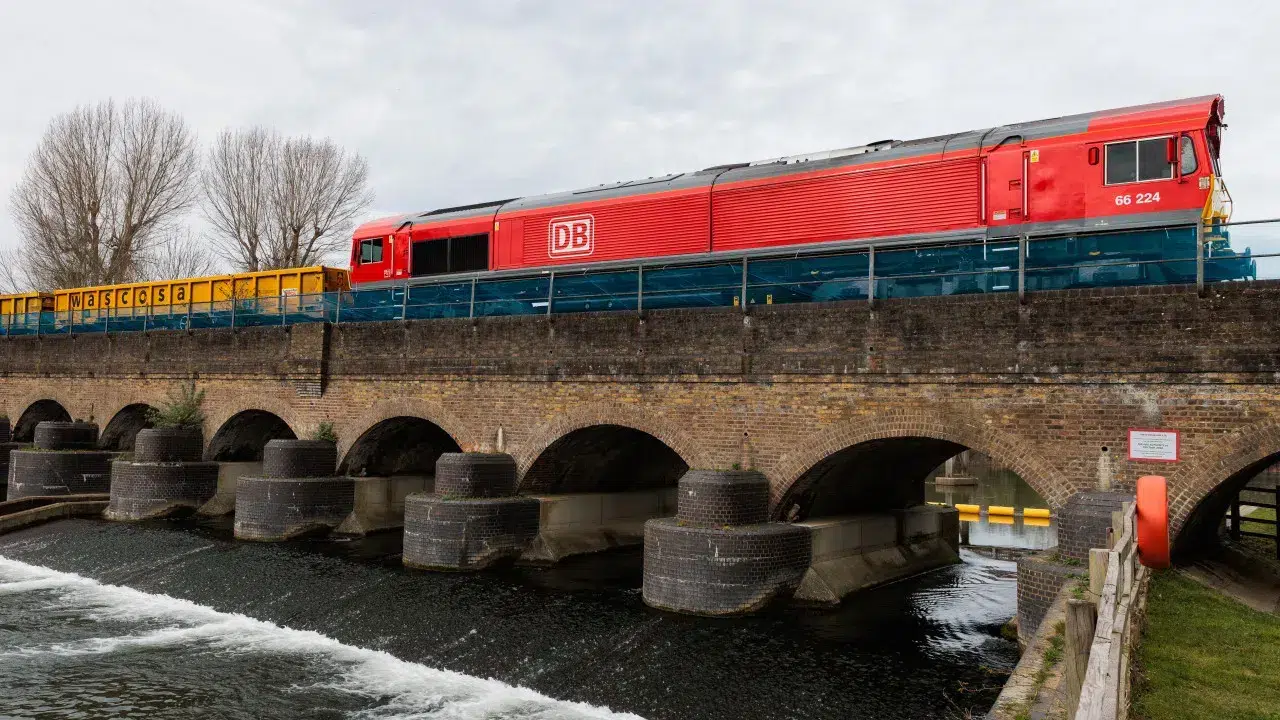
This marks “a new era for rail transport,” the Ministry of Transport stated in a press release.
“We are saying goodbye to 30 years of inefficiency, waste, and passenger frustration,” declared Transport Secretary Heidi Alexander during a visit last week to a railway station in southern England.
“We will move forward with confidence towards a new future for the railways,” the secretary added.
The privatization of railway operators took place in the mid-1990s under the government led by conservative Prime Minister John Major, continuing the liberal policies of Margaret Thatcher from the 1980s.
Despite promises of better services, increased investments, and reduced government spending, the project was highly unpopular at the time, criticized by unions, opposition parties, some conservatives, and much of the public.
Initially, there was an increase in passenger numbers as well as investment.
However, a derailment caused by microfractures in the rails that resulted in four deaths in 2000 deeply shocked public opinion. Cancellations and delays also became common, with passengers complaining about prices.
The railway network was returned to public ownership, managed by the organization Network Rail.
Four out of the 14 operators in England have already come under public control in recent years due to poor performance, originally intended to be managed temporarily before returning to the private sector.
The Labor majority, in power since July, passed a law at the end of November mandating the nationalization of private operators at the end of their contracts (or even before in cases of mismanagement), consolidating them into a company called Great British Railways.
According to the government, waiting until the end of the contracts helps avoid paying compensations to current operators. All contracts will expire by 2027.
Unions in the sector, which have launched a wave of strikes in recent years due to the cost-of-living crisis caused by inflation, celebrated the state’s takeover.
“Everyone in the railway sector knows that privatization (…) did not work and still isn’t working,” said Mick Whelan, general secretary of the train drivers’ union Aslef, in statements released on Thursday.
Returning these companies to public ownership “will ensure that services are managed in the interest of passengers, and not shareholders,” but solving “the structural problems that are affecting the railway network (…) will take time,” cautioned Minister Heidi Alexander.
The government announced in December that the first company to be affected would be the South Western Railway. The company c2c will follow on July 20, and Greater Anglia on October 12.
Effective today, operations of the South Western Railway will be managed by a new public operator, which will be integrated into the Great British Railways as soon as the company is established.

